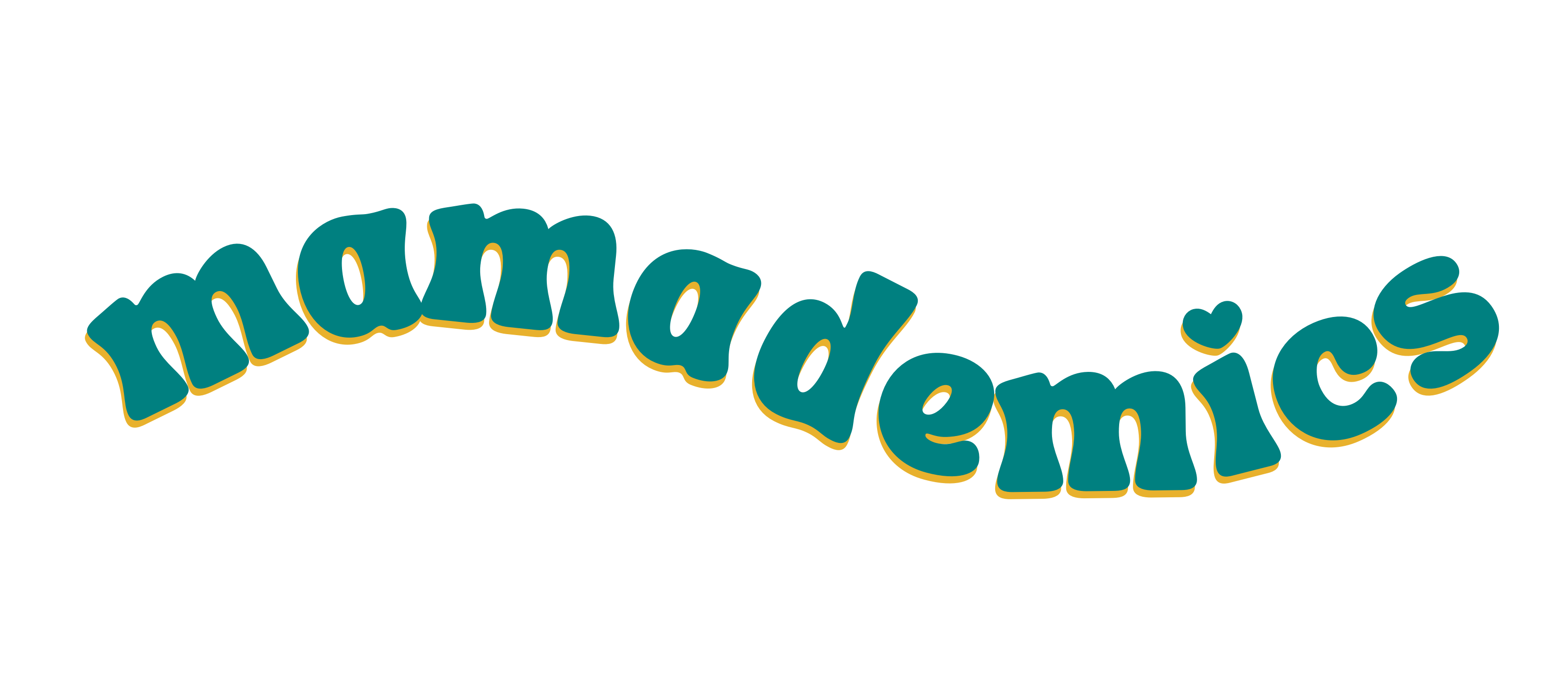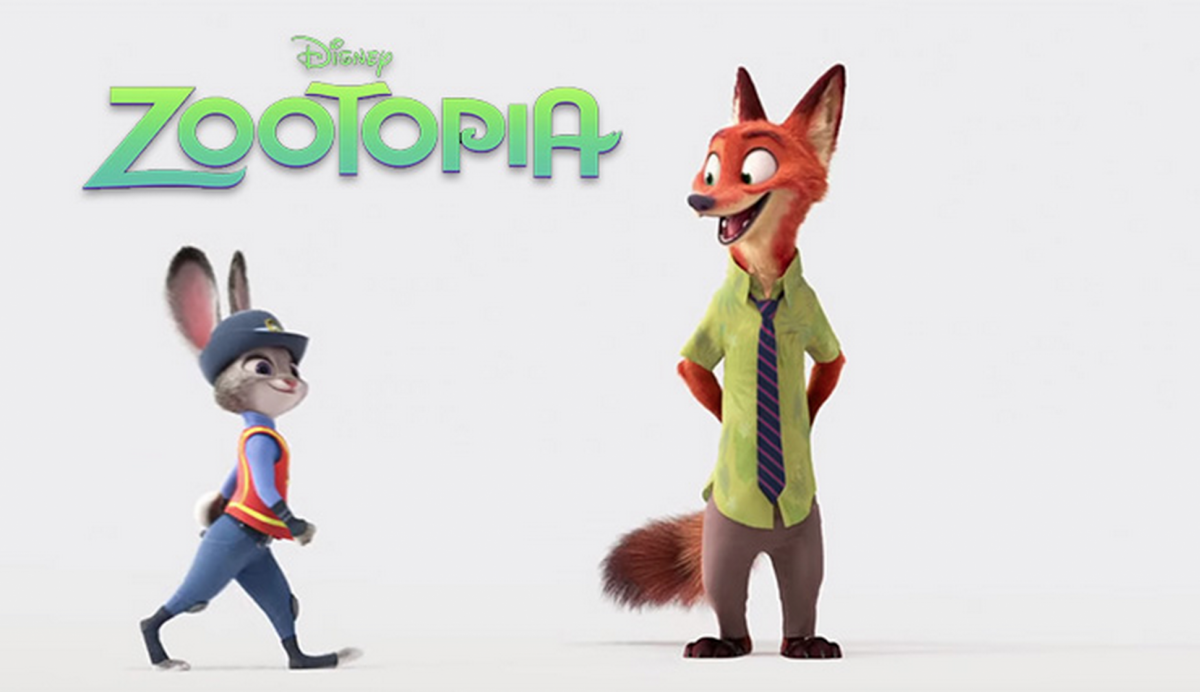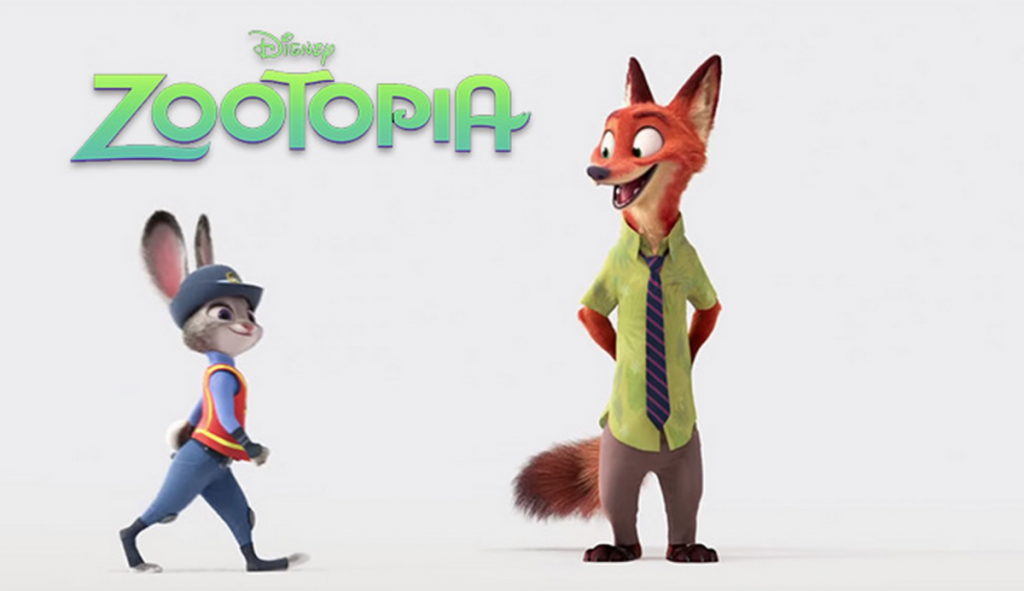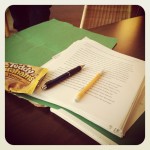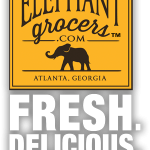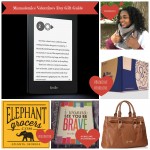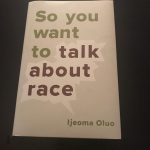Editor’s Note: I did not write today’s post. It is a wonderful guest post on Disney’s Zootopia.
A Real Articulate Fellow: Active and Embedded Forms of Privilege in Disney’s Zootopia (Guest Post)
This post contains affiliate links. I receive a small compensation when you purchase through these links, which helps me maintain the website.
Nervous before speaking at her first press conference, Officer Judy Hopps, the bunny rabbit protagonist of Disney’s 2016 animated blockbuster Zootopia, has trouble answering the barrage of questions from reporters regarding why certain animals in Zootopia have gone savage. She implies there is “a biological component” to this development, “something in their DNA.” Officer Hopps is quickly escorted off stage and greeted by her fox friend, Nick Wilde. As a predator, he is angered by her comments. She defends herself. “Nick,” she says, “Stop it. You’re not like them.” He replies, “Oh. There’s a them now.”
As a university professor who analyzes popular culture for a living, intellectually, the us/them binary that Disney is calling attention to in this moment is not new to me. I understand the concept in an historical context, and I see it at work in the texts that I teach in my classroom. But, as a white, middle-class mother to a five-year-old boy, I wonder daily the best way to address with my son the historically horrific ways that this binary has been used to exploit various minority groups. I struggle, as many white people do, to talk about race with my child. Slavery. Segregation. Racial profiling. Police brutality. Systematic oppression. Eric Garner. Michael Brown. Tamir Rice. Freddie Gray. Sandra Bland. Delrawn Small. Alton Sterling. Philando Castile. How, I wonder, can I help my son to understand that black lives matter in a culture that consistently devalues these lives?
I’ve been thinking a lot about Zootopia since I first saw it in early spring. I’ve been thinking about it even more in light of the recent, highly publicized and utterly tragic shootings of three black men in three days. I don’t know what to do, so I read. And I read. And I read. In my friends’ Facebook feeds are links to many useful articles, many directed to white people – “Advice for White Folks in the Wake of the Police Murder of a Black Person”, “This What White People Can Do To Support #blacklivesmatter“, “Curriculum for White Americans to Educate Themselves on Race and Racism”, and “On Mothering White Sons to Know #BlackLivesMatter”. These articles urge white people to acknowledge the privilege that comes with the color of their skin and encourage them, as black feminist theorist Brittney Cooper (http://www.brittneycooper.com/) does, to “use their privilege to confront racial injustices when they see them happening, whether in the grocery store or the boardroom.”
This privilege is what, from my perspective as a mother, Zootopia interrogates so well – even if, as critics have observed, it doesn’t always deliver a coherent message about black/white race relations in America. The film’s critics have applauded it for attempting to address thorny issues and for shedding light on the ugly ways in which systematic racism has operated in American society. But, they also agree that the racial messaging is “muddled,” an adjective used by several critics writing about the film. A chief criticism many have is the film’s inability to draw clear parallels between minority populations and racial groups . Some critics are even harsher; Nico Lang, writing for Consequence of Sound, finds the film’s message downright frightening.
I agree. The movie’s message is a bit muddled, and the substitution for predator/black and prey/white doesn’t always work. But what the movie does do well is show the ever-present ways in which privilege operates in society, affording benefits to some at the expense of others. In the 1980s, feminist scholar and anti-racism activist Peggy McIntosh articulated the many ways in which white privilege operates in our society; her list “White Privilege: Unpacking My Invisible Knapsack” contains excellent, concrete examples of privilege that still ring true for white people today (i.e. “I can be sure that my children will be given curricular materials that testify to the existence of their race.” Some (i.e. “I do not have to educate my children to be aware of systemic racism for their own daily physical protection”) are particularly haunting given today’s cultural climate.
McIntosh summarizes her essay in this way: “It is concluded that all the various interlocking oppressions take two forms: an active form which can be seen; and an embedded form which members of the dominant group are taught not to see. To redesign the social system, therefore, requires acknowledgment of its colossal unseen dimensions.”
These active and embedded forms of privilege exist in Zootopia, and their inclusion can help to open up a discussion of privilege with children. Personally, introducing the concept of privilege to my son – who as a white, male will undoubtedly benefit from privilege at some (many?) points in his lifetime – is an important lesson that I, as a mother, feel he must learn. (To be fair, it’s something that I’m continually checking in myself). Politically, I feel it’s a significant step that all individuals with privilege must take in order to dismantle deeply embedded systems of oppression.
When watching Zootopia, it’s easy to see that the elephant operating the popsicle shop attempts to use his physical prowess – his privilege – to refuse service to Nick just as it’s easy to see these active forms at work in many aspects of our everyday lives – from the discrepancy in resources from one school to another, depending on the school’s demographic, to the fact that it wasn’t until 2008 a black man had never been elected president. For me, as a mother, these issues are easy to discuss. I can safely resort to a historical lesson, sharing with my son the background of the Jim Crow laws. We can talk about how wrong it is that the playground at our neighborhood school in Brightwood, D.C. in no way compares to the playground at a school across the river that we visited recently – a playground complete with tree fortresses, rope bridges, and a zip line. And, I can share with my son that I voted for Barack Obama, staying up all night on election night to cheer him on as each return came in.
It’s the embedded forms of racism, though, which are harder to identify but which Zootopia engages with nevertheless. That’s why I keep returning to it as discussions about race in America fill my newsfeed. For instance, the film itself seems to play with the genre of the buddy film – a film genre historically centering on the relationship between a black man and a white man, deeply rooted in problematic representations of black men. Likewise, it critically comments upon the double standard of the hustle. When Nick hustles, he’s a criminal; when Judy hustles Nick, it’s cute. Alton Sterling’s selling CDs outside a food store is demonized by the media ; white, middle-class, stay-at-home mom are encouraged on Pinterest to pursue a side hustle. There’s a moment in the film where Officer Hopps says to Nick, “Oh no, my treat. It just – you know, it burns me up to see folks with such backward attitudes toward foxes. I just wanna say that you’re a great dad and just a… a real articulate fella.” Officer Hopps, it seems, has been conditioned to expect something other than “great” fathering from a predator. Many Americans – including Joe Biden – seemed surprised at President Obama’s eloquence.
I cringed when I heard Officer Hopps say that to Nick. I cringed because I recognized myself in that moment. I know that I had dreams, probably after watching some horrible Hollywood movie, of teaching underprivileged children in the inner city. I know that when I first moved to my neighborhood in Brightwood that I stiffened a little when I passed by young, black men in white undershirts and baggy jeans. These embedded forms – this conditioning – is what’s harder for me as a white woman to see and what’s hardest for me to acknowledge about myself. Why is it that when I leave the Walmart on Georgia Avenue that I never, ever get asked to show my receipt? In what way, did my moving to Brightwood six years ago contribute to gentrification that my neighbor, Milfred Ellis, so deeply – and rightfully – resents? How have I personally benefited from a system that privileges the color of my skin? Sometimes, I’m aware of how privilege operates, but a lot of the times, I’m not as aware as I should be.
Many of the recent posts that have been circulating through my Facebook feed encourage white people to start speaking up. On this blog in 2014, Danielle expressed her suspicion of white people – particularly white mothers – who have been so silent. Jasmine Banks who blogs at Just Jasmine encourages people to “Talk. Write. Act.” The tagline for Alyssa Hadley Dunn’s piece is “Our silence is continued violence.”
To these women, I say, “I’m trying. I’ll try harder.”
The other day, Henry was playing with his toys in the dining room. I heard him say, “Are you kidding me? That’s so racist,” as part of his play dialogue. The comment was innocent enough. It’s not like he hadn’t heard it before, from either my husband or myself, most likely in response to something on television or some remark we might have overheard on the street. I looked into the room. Batman was saying it to Robin or maybe Robin was saying it to Wonder Woman. I’m not sure. I don’t think it even matters.
“Hey, Henry,” I asked. “Do you know what that word means?”
I took a deep breath in, anxious about what the response might be. Even so, I had to ask the question.
Because isn’t now when we should be asking questions of ourselves? Hard questions. How have I contributed to the problem? What might I do to incite change? And, most importantly, perhaps, how can this end?
 Caroline J. Smith is an associate professor in the University Writing Program at The George Washington University where she teaches first-year writing seminars themed around visual culture. Her research interests include women’s fiction and popular culture productions. She has been published in academic journals such as Women’s Studies and College Literature and on sites such as The Rumpus and Popmatters. She is the author of Cosmopolitan Culture and Consumerism in Chick Lit (2007).
Caroline J. Smith is an associate professor in the University Writing Program at The George Washington University where she teaches first-year writing seminars themed around visual culture. Her research interests include women’s fiction and popular culture productions. She has been published in academic journals such as Women’s Studies and College Literature and on sites such as The Rumpus and Popmatters. She is the author of Cosmopolitan Culture and Consumerism in Chick Lit (2007).
